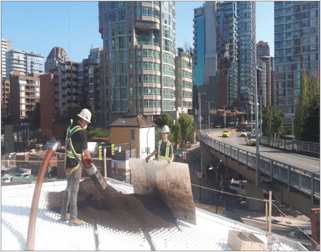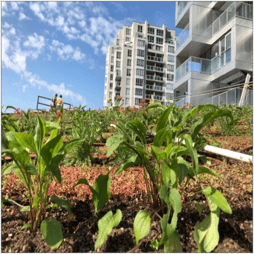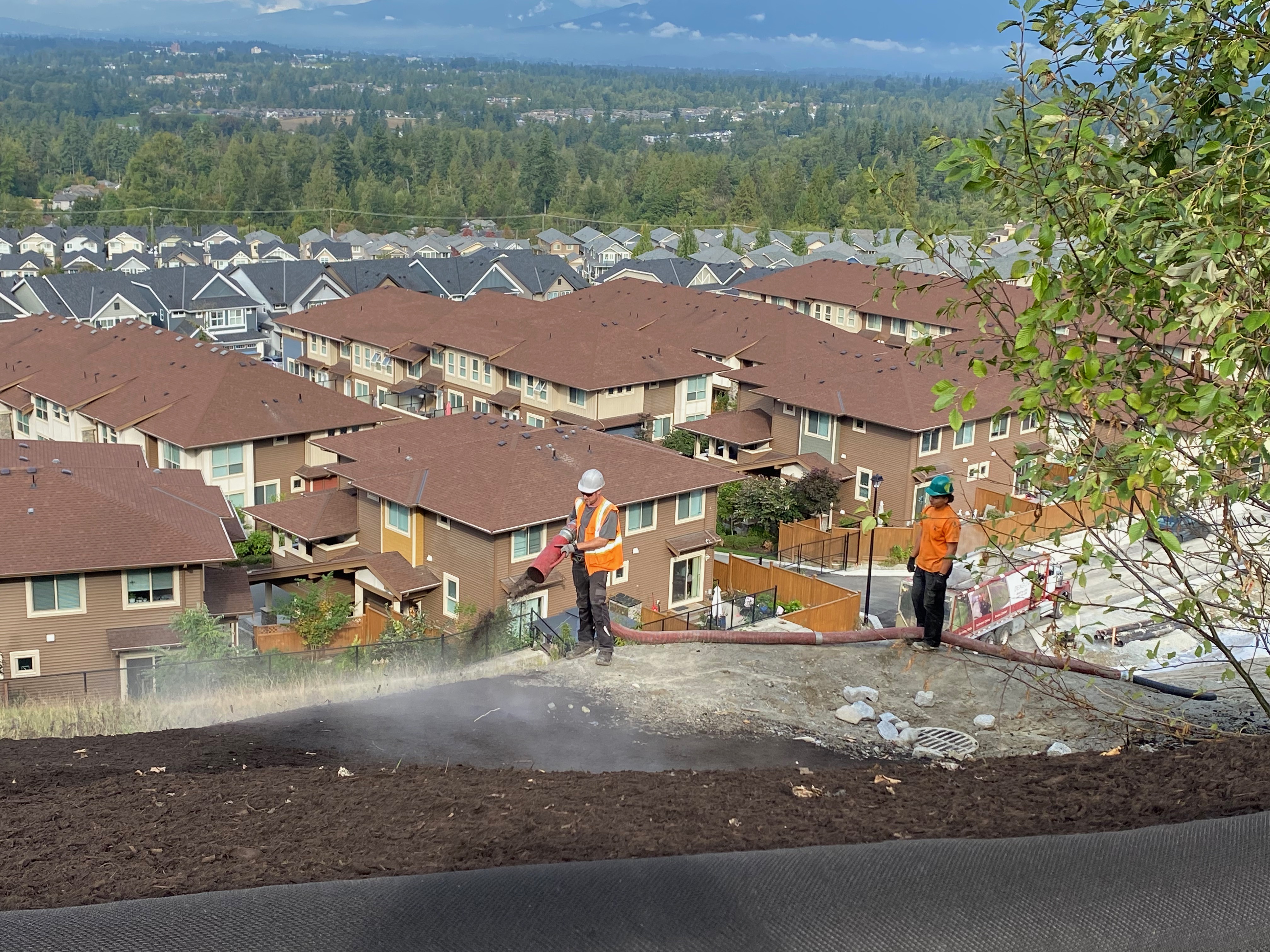What are 5 Environmental Benefits of Rooftop Gardens?
Having green spaces in cities is essential for reducing air pollution and promoting healthy communities. But most cities face one problem: Lack of space. Fortunately, rooftop gardens are an easy solution to this issue.
As the name suggests, a rooftop garden is basically a garden on the roof of a building. Besides improving how the cities look, rooftop gardens provide several benefits to the environment and communities in urban areas.
Keep reading to discover all the environmental benefits of this innovative architectural initiative!



Benefits of Rooftop Gardens for the Environment
With so many environmental concerns happening right now, it’s important to transform our cities into sustainable spaces. Green roofs and rooftop gardens are amazing options to help the environment and improve our quality of life.
Here are the key benefits of rooftop gardens for the environment:
1. Reduce Urban Heat Island Effect
Have you ever wondered why the air temperature in cities is warmer than in nearby rural areas?
That’s because concrete absorbs more solar radiation than plants and trees. And since concrete is more abundant than greenery in cities, it increases the local air temperature. This is known as the Urban Heat Island Effect.
Green roofs are a sustainable alternative to cover a concrete rooftop with vegetation. As a result, rooftop gardens are an effective way to lower urban temperatures and moderate the heat island effect!
2. Improve Air Quality
As you might know, plants use carbon dioxide to release oxygen into the air. What you probably don’t know is that they can also capture many other gases that are harmful to human health.
Rooftop gardens improve air quality by capturing harmful gases and particulate matter in the air. So, another fantastic benefit of green roofs is that they reduce air pollution and remove greenhouse gasses from the atmosphere!
In short, installing several rooftop gardens is a great way to reduce air pollution, fight climate change, and help the environment.
3. Improve Stormwater Management
Usually, cities have more impervious surfaces, like paved streets and buildings, than green spaces. The problem here is that stormwater runoff flows over these surfaces and does not soak into the ground. Instead, the water picks up and deposit harmful contaminants into the drainage systems.
The good news is that rooftop gardens can also help improve stormwater management. Unlike traditional rooftops, green roofs retain water in the plants and growing medium. So, they can reduce and slow stormwater runoff.
But that’s not all, rooftop gardens also benefit the environment by filtering pollutants, like nitrogen, from rainfall!
4. Create a Habitat for Wildlife
A rooftop garden not only makes the urban environment look healthier but also creates a habitat for wildlife. Let’s remember that one of the disadvantages of urban growth is that it destroys the homes of many species.
Green roofs can create new habitats for birds and insect pollinators, like bees and butterflies. These gardens provide native species with a source of food and they can even act as a stopover for migrating birds.
That’s why rooftop gardens are a brilliant solution to increase biodiversity in the urban environment!
5. Reduce Greenhouse Gas Emissions
Another advantage of green roofs is that they act as insulators for buildings. Besides retaining heat in winter, they keep temperatures cool in summer.
This is a wonderful benefit for the environment. And that’s because rooftop gardens make cities more energy-efficient, which means they generate fewer greenhouse gas emissions from heating and air conditioning systems!
As you can see, rooftop gardens are an innovative solution to protect the environment and make our cities more sustainable!



